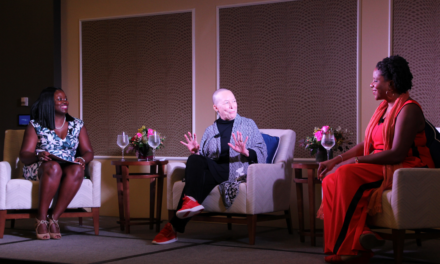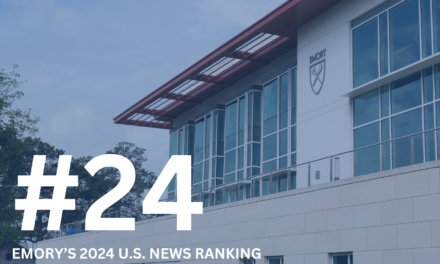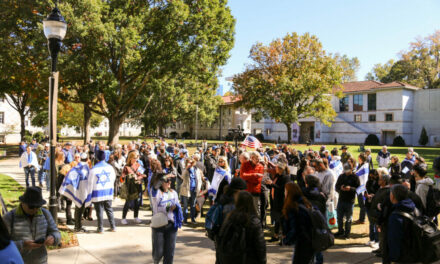As a part of their plan to put the “student” back in Student Government Association, Emory College junior and Student Government Association (SGA) President Jon Darby and College junior and SGA Vice President Raj Tilwa have instituted a new discussion forum called Community Conversations to facilitate communication between the student body, the administration and the SGA, the first of which was held Tuesday.
Community Conversations will take place on the second Tuesday of each month and will focus on a specific topic relating to areas at Emory that might need improvement.
All Emory students and administrators are invited to attend the conversations. Depending on the topic, relevant administrative experts will also be invited to attend.
The first conversation on Tuesday focused on two questions: “What is the one thing I would change about Emory?” and “What is the one thing I cannot live without at Emory?”
During the meeting, the participants divided up into two tables of approximately eight people. Darby and Tilwa decided to utilize a smaller group setting in order to facilitate participation.
Tilwa said that since “some people are comfortable in smaller groups, some people are comfortable in large group settings … we want to accommodate for both levels of interaction and to facilitate conversations better.”
After each table discussed the issues, a spokesperson from each table shared their table’s findings with the rest of the attendees.
Darby highlighted the importance of these meetings not simply as forums for discussion, but also as platforms for action.
At the end of the meeting, each table compiled a list of actionable items that were discussed in response to the first question, “What is the one thing I would change about Emory?”
Some hot topics in the discussions included transportation (especially at night and on the weekends), dining options, student services (such as sexual assault prevention and support), programming, alumni relations and standardizing communication between groups and organizations within Emory.
Future topics for Community Conversations will be chosen based on the list compiled at this preliminary meeting.
David Bailey, College senior and SGA vice president for alumni relations who attended the conversation, noted that this is the first time that he has heard of an opportunity that “really allows students to engage with each other to discuss what they love about Emory and how to improve the University for the better.”
Bailey said he finds that forums such as Community Conversations make him increasingly proud of Emory and makes him feel that he can “directly make an impact and make [his] voice heard.”
Overall, Darby and Tilwa felt that the small group setting provided for greater student input, allowing people who normally would not speak up to openly voice their opinions.
Tilwa said that the “conversations were very genuine. Some people who may not necessarily speak up – they spoke up in the small group setting, which was awesome.”
Darby and Tilwa also said that they felt the meeting was “fairly representative” of the Emory community, and Tilwa was “very impressed that [they] got different representation and that not everyone was from the College or the Goizueta Business School.”
He also noted at the end of the meeting that in attendance were a transfer student, an Oxford College continuee, a graduate student and an international exchange student, as well as many students who have been at Emory’s main campus since their freshman year.
For the future, Darby and Tilwa’s hope is that the Community Conversations program will not only help steer the SGA agenda for the upcoming year, but will also spur what Darby calls “a culture change where students are taking responsibility to define the experience they want to have at Emory… taking hold of their University, making it theirs and molding it into what they want it to be and using student government as a tool in their toolkit to do that.”
–By Anne McGrew
The Emory Wheel was founded in 1919 and is currently the only independent, student-run newspaper of Emory University. The Wheel publishes weekly on Wednesdays during the academic year, except during University holidays and scheduled publication intermissions.
The Wheel is financially and editorially independent from the University. All of its content is generated by the Wheel’s more than 100 student staff members and contributing writers, and its printing costs are covered by profits from self-generated advertising sales.






